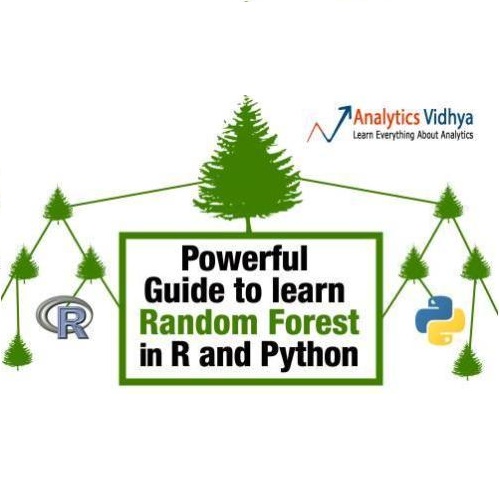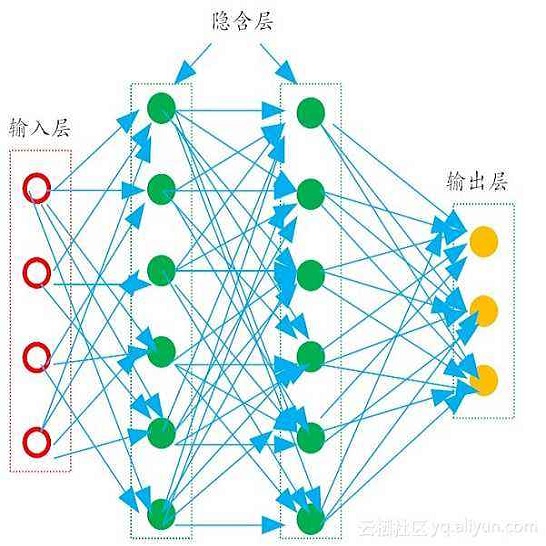Artificial Intelligence (AI ) has been very successful in creating and predicting music playlists for online users based on their data; data received from users experience using the app such as searching the songs they like. There are lots of current technological advancements in AI due to the competition between music platform owners such as Spotify, Pandora, and more. In this paper, 6 machine learning algorithms and their individual accuracy for predicting whether a user will like a song are explored across 3 different platforms including Weka, SKLearn, and Orange. The algorithms explored include Logistic Regression, Naive Bayes, Sequential Minimal Optimization (SMO), Multilayer Perceptron (Neural Network), Nearest Neighbor, and Random Forest. With the analysis of the specific characteristics of each song provided by the Spotify API [1], Random Forest is the most successful algorithm for predicting whether a user will like a song with an accuracy of 84%. This is higher than the accuracy of 82.72% found by Mungekar using the Random Forest technique and slightly different characteristics of a song [2]. The characteristics in Mungekars Random Forest algorithm focus more on the artist and popularity rather than the sonic features of the songs. Removing the popularity aspect and focusing purely on the sonic qualities improve the accuracy of recommendations. Finally, this paper shows how song prediction can be accomplished without any monetary investments, and thus, inspires an idea of what amazing results can be accomplished with full financial research.
翻译:人工智能(AI) 在根据数据为在线用户创建和预测音乐播放列表方面非常成功; 用户使用应用程序获得的数据, 例如搜索他们喜欢的歌曲。 由于音乐平台所有者之间的竞争, 例如 Spotify、 Pandora 等, AI 中目前有许多技术进步。 在本文中, 6个机器学习算法及其个人精确度, 用于预测用户是否喜欢一首歌, 包括 Weka、 SKLearn 和 Orange 等3个不同的平台。 所探索的算法包括物流回流、 Naive Bayes、 序列最小最佳化( SMO) 等用户使用该应用程序获得的经验。 多层感应( Neest Neighbor ) 和 Randoman Forest Forest 。 通过分析 Spotefor API API [ 1] 提供的每一首歌的具体特性, 随机森林是预测用户是否喜欢84%的歌曲的最成功的算法。 这比Mungekar 所发现的82.72%的准确性要高得多, 使用随机森林技术, 和略的精度的精度的精度的精度的精度的精度, 和精度的精度, 将展示的精度的精度的精度的精度的精度的精度的精度的精度的精度都显示的精度的精度的精度的精度比于此歌曲的精度, 的精度的精度的精度的精度的精度的精度, 。





